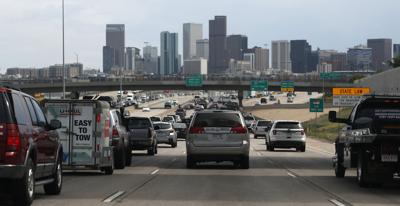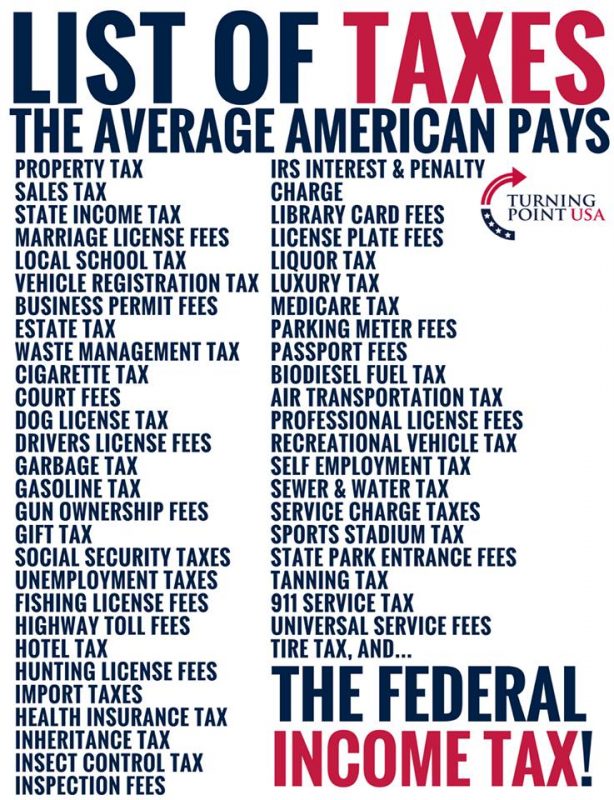November 26, 2019
Jared Walczak
Last week, a New York Times reporter reached out to ask if I had heard that the village of Amelia, Ohio was dissolving over a tax increase. Facing an unpopular new tax, voters went to the polls and just… abolished their local government.
I wasn’t aware of the drama bubbling up in Amelia (or in nearby Newtonsville, also dissolving over a new tax), but I wasn’t surprised, either. As the resulting Times article notes, at least 130 municipalities dissolved between 2000 and 2011, without, presumably, seeing the communities descend into anarchy. The loss of Amelia and Newtonsville brings the count of recently dissolved Ohio municipalities to 14. So what’s going on, and what do taxes have to do with it?
In most of the country, the governmental hierarchy is relatively straightforward: states are divided into counties, and those counties contain some range of municipalities—cities, towns, villages, boroughs, townships, hamlets, and the like. But, especially outside more densely populated regions, you can also find vast tracts of unincorporated land, where no (or limited) municipal government exists below the county level. Here, core services like police, fire, and emergency services, along with road maintenance and other government functions, are provided by the county or even the state, while more municipal-oriented services—water and sewer or waste management, for instance—are either privately provided or non-existent.

